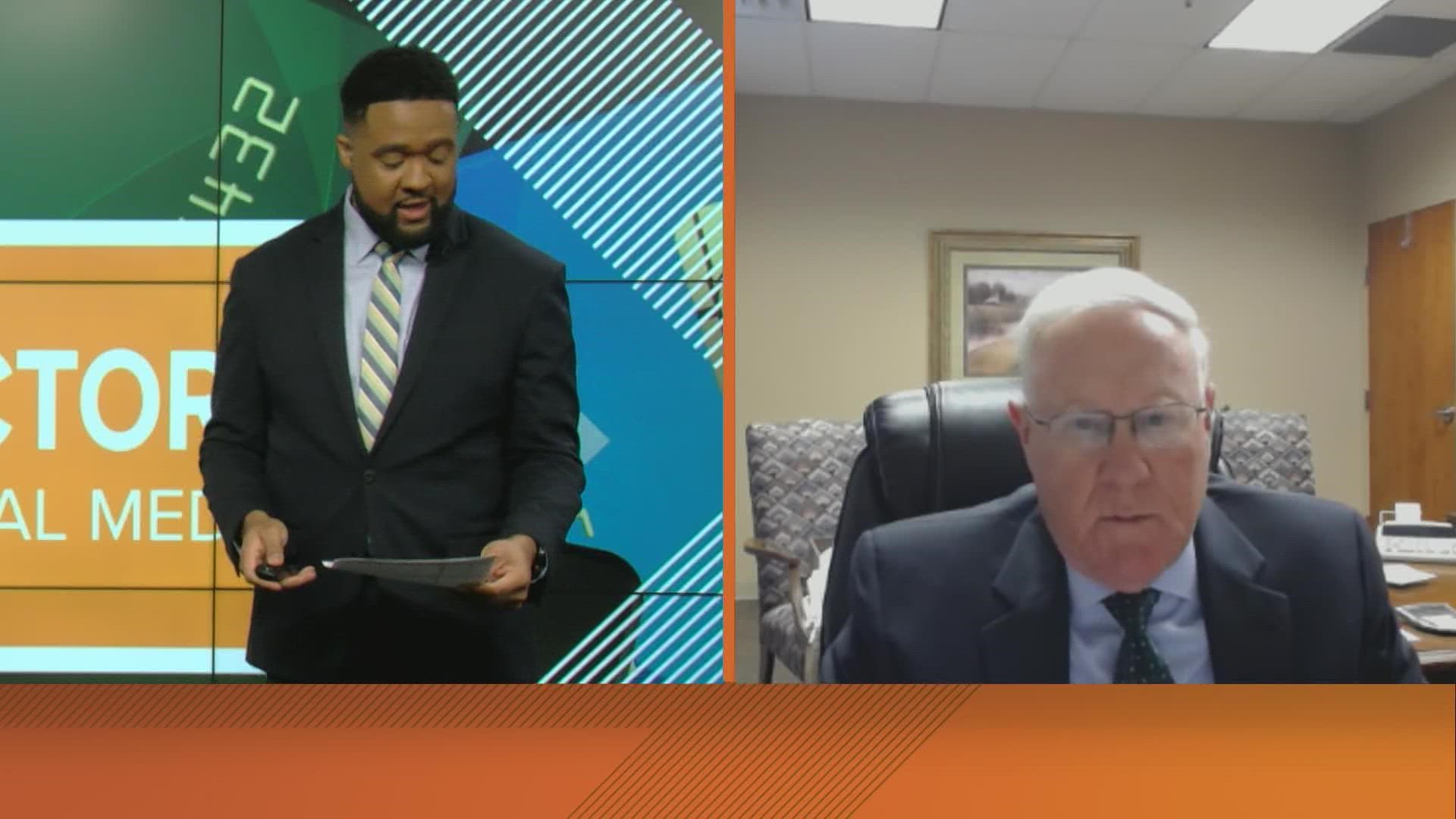MEMPHIS, Tenn. — The law that governs what debt collectors can and can't do has changed.
They now can use social media, text messages, and emails to contact people who are delinquent on a bill. But those affected can opt out of getting these messages.
ABC 24 spoke with Randy Hutchinson from the Better Business Bureau of the Mid-South (BBB) about what people need to know.
More than 60 million people have a debt in collections.
The Fair Debt Collection Practices Act prohibits harassing, abusive, and other unfair practices. The issue has been it was passed in 1977, when collection contacts were almost always by phone and mail.
Now the law has been updated for new technology, to allow collectors to use social media, text, and email to contact delinquent consumers.
What a debt collector can and can’t do
The collector can only use a social media platform if the message is private. It cannot be viewable by the general public, friends, contacts, or followers.
The private message must identify the sender as a collector.
The collector must give the debtor a simple way to opt out of receiving further communications via social media, text, or email.
What someone who gets these messages should do
The BBB says people should not to respond to messages from unknown senders and don’t click on links and attachments.
Be sure the collection messages are legitimate. In the initial message or shortly thereafter, a collector must provide information that will help someone determine if they owe a debt, including the name of the original creditor. The notice should also explain the debtor’s rights to dispute a debt. If a collector doesn't provide the notice, it may be a scam.
If a collector is acting responsibly, do your best to work out a payment arrangement.

